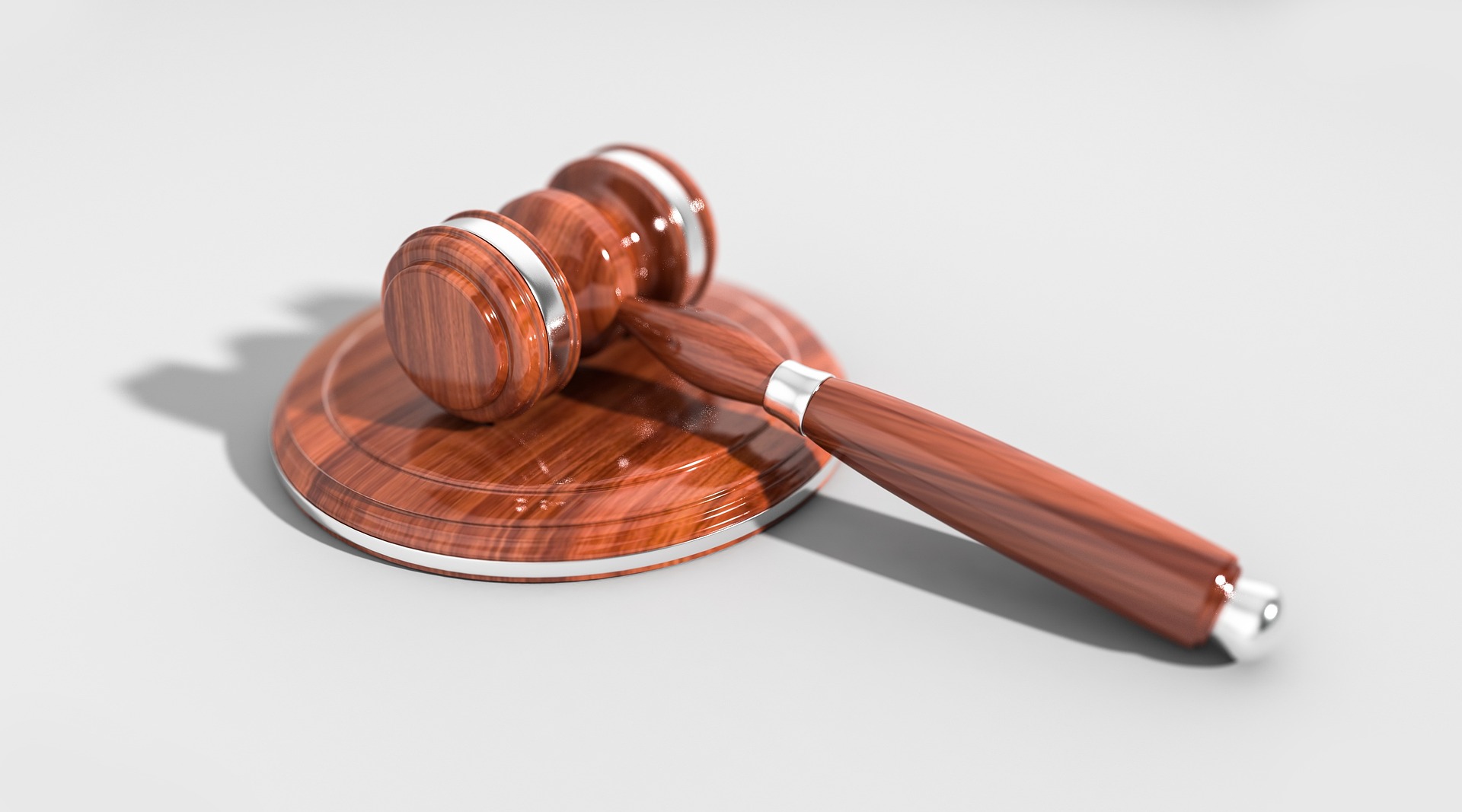Reassessing the Role of Juries in Criminal Trials
In the global justice system, few elements are as iconic as the jury. Comprising regular citizens tasked with determining guilt or innocence, juries are a cornerstone of democratic societies. But as the legal landscape evolves, so too does the role of the jury. This article delves into the evolution, present challenges, and potential future of juries in criminal trials.

The Jury’s Historical Context
The jury system originated in England during the 12th century, a concept designed to curb the monarch’s absolute power by involving the public in legal proceedings. It was a revolutionary approach, vesting ordinary citizens with a significant role in the adjudication process. The importance of this system was later recognized and incorporated into numerous legal systems worldwide, including the United States, where it was enshrined in the Constitution as a fundamental right.
Challenges Facing Modern Juries
In recent years, the jury system has faced numerous challenges. The rise of digital technology, for instance, presents a risk of prejudiced verdicts due to information jurors might access outside the courtroom. Additionally, the complexity of certain cases, particularly those involving technical or scientific evidence, has raised questions about a layperson’s capacity to make informed decisions. Finally, the representativeness and inclusivity of juries have been under scrutiny, with concerns raised about racial and socioeconomic imbalances in jury selection.
Recent Legal Developments
In response to these challenges, legal systems worldwide have implemented changes. Some jurisdictions, like New Zealand, have introduced “specialist juries” for complex cases. Others, like Canada, have made efforts to ensure more inclusive jury selection processes. In the US, courts have adopted stricter rules about juror conduct, particularly regarding the use of digital technology during trials.
Implications and Impact on Society
These changes have far-reaching implications for society. A move towards specialist juries could fundamentally alter the jury’s democratic nature, potentially limiting participation to those with specific expertise. On the other hand, efforts to improve representativeness could strengthen the jury’s democratic essence by ensuring broader societal representation. Stricter rules around technology use could also enhance the fairness of verdicts, though they may also impose on jurors’ personal freedoms.
The Future of Juries in Criminal Trials
As society continues to evolve, so too will the role of the jury. Technological developments may necessitate further changes to ensure fair trials. Moreover, as societies grow more diverse, ensuring representativeness will become increasingly important. While the future of juries is uncertain, what remains clear is their enduring significance in the pursuit of justice.
In conclusion, the jury system, while historically significant and democratically vital, is not immune to the changes brought by modern society. As we move forward, it is crucial to balance the need for evolution with the preservation of the system’s core values, ensuring that juries remain an effective tool in the administration of justice.






